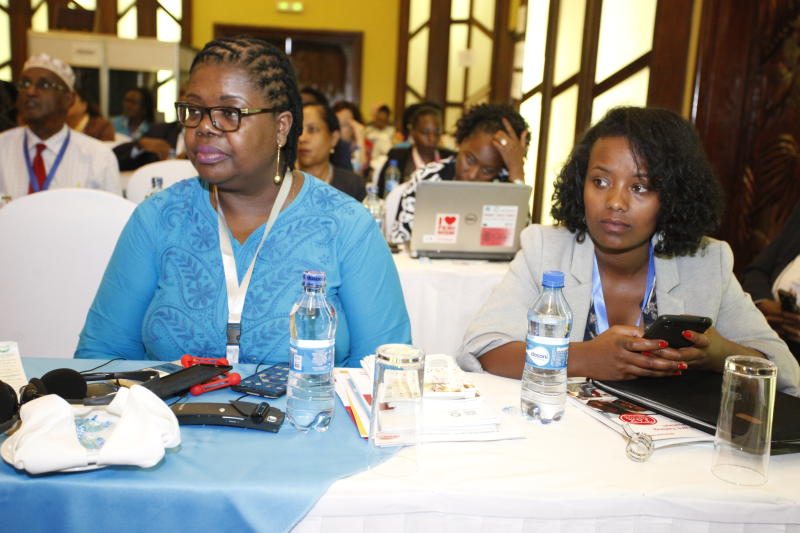×
The Standard e-Paper
Stay Informed, Even Offline

Safety in learning institutions is a concern of all stakeholders in education.
Parents, educators, religious organisations, non-governmental organisations, policy makers and governments all work to ensure that teachers, students and other members of the school community are safe from any imminent danger that could otherwise compromise the realisation of schools’ objectives.